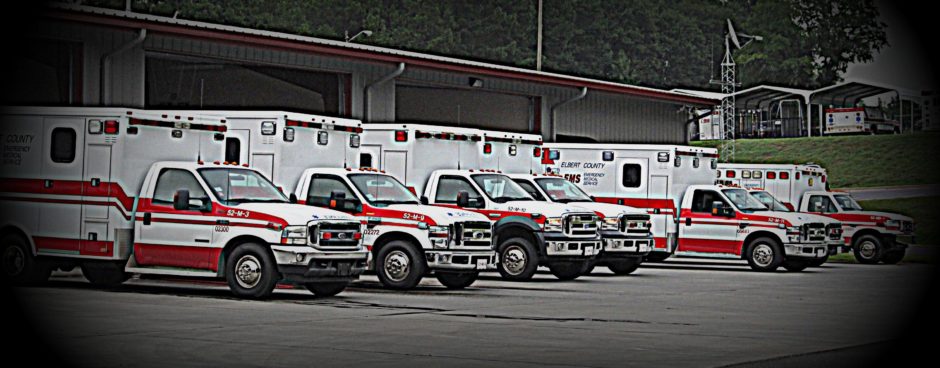Elbert County Coroner’s office is made up of the coroner, Charles N. Almond Jr. (Chuck) along with 3 deputy coroners, Joe Colvard, Howard Gailey, and Beth Seymour. Chuck has served with the coroners office since 1991 as deputy coroner and then was elected coroner in 1999.
The Coroner’s duties and responsibilities have changed tremendously during the last 20 years. These duties as required by law can be divided into three major categories: Investigative, Judicial, and Administrative. Each of these categories will be discussed individually.
Investigative Responsibility: Title 45 Chapter 16 Section 24 of the Georgia Code Annotated requires the Coroner, along with a law enforcement officer and medical examiner, to investigate the following types of deaths that occur within their various jurisdictions:
- As a result of violence
- By suicide or casualty
- Suddenly when in apparent good health
- When unattended by a physician
- In any suspicious or unusual manner
- After birth, but before seven years of age, if the death is unexpected or unexplained
- As a result of an execution carried out pursuant to the death penalty
- When an inmate of a state hospital, or a state, county, or city penal institution dies
The coroner’s major role in the investigation is to help establish the cause and manner of death. The “cause” is the medical reason the person dies, and the “manner” is whether they died as a result of a homicide, suicide, accident, natural causes, or in an undetermined fashion.
The importance of ascertaining the true cause and manner of death cannot be over-emphasized. In addition to the monetary aspects, such as the difference between the insurance payoff in a suicide as opposed to an accident, there may also be family and public health issues to address. The coroner has the difficult responsibility, in most cases, of notifying families of the death of a family member or loved one. If the death is due to an infectious disease, proper authorities must be notified so measures to protect the public may be implemented. If a death is improperly ruled a homicide, someone may lose his or her freedom.
The advances in medicine, forensic sciences, and death investigation techniques have enabled us to delve more deeply and be more accurate in determining the cause and manner of death. Due to these advances, it takes a great deal more time to properly investigate a death today than it did 15 years ago.
Judicial Responsibilities: Title 45 Chapter 16 Section 27 of the Georgia Code Annotated requires the coroner to hold an inquest in certain kinds of deaths: “When an inmate of a state hospital, or a state, county, or city penal institution dies suddenly without an attending physician or as a result of violence” and “When ordered by a court”. Coroners have the authority to hold an inquest on any case, but are required to hold one in the above situations.
An inquest is defined as an “official judicial inquiry before a coroner and a coroner’s jury for the purpose of determining the cause and manner of death”. It requires a lot of time to set up an inquest, issue subpoenas, and conduct the inquest.
Administrative Duties: This is probably the most time-consuming part of the coroner’s duties. The laws have changed in the last 10 years, adding more and more administrative responsibility to this office.
Nine years ago it was the law enforcement officer who was required to complete the death investigation form and file it with the state. That responsibility now rests with the coroner. The coroner also issues subpoenas for medical records used during the investigation.
Recent changes in the child abuse laws have added a tremendous amount of work. Coroners are required to sit on the Child Abuse Protocol Committee to review cases. They must also sit on the Child Fatality Review subcommittee and review all child deaths regardless of cause to determine if the death meets the criteria for review by the committee or further investigation by the proper investigative agency. They must then complete the paperwork and forward it to the proper local and state offices.
The proper documentation of all death investigations has to be completed, disseminated to the correct agencies and/or persons, and maintained by the coroner as per Title 45 Chapter 16 Section 32 of the Georgia Code Annotated.
Contact Elbert County Coroner Charles N. Almond, Jr. at:
Elbert County Coroner
112 Mahoney Drive
Elberton, GA 30635
Ph: 706-283-2003
Fax: 706-283-2024
elbertcoroner@elberton.net
